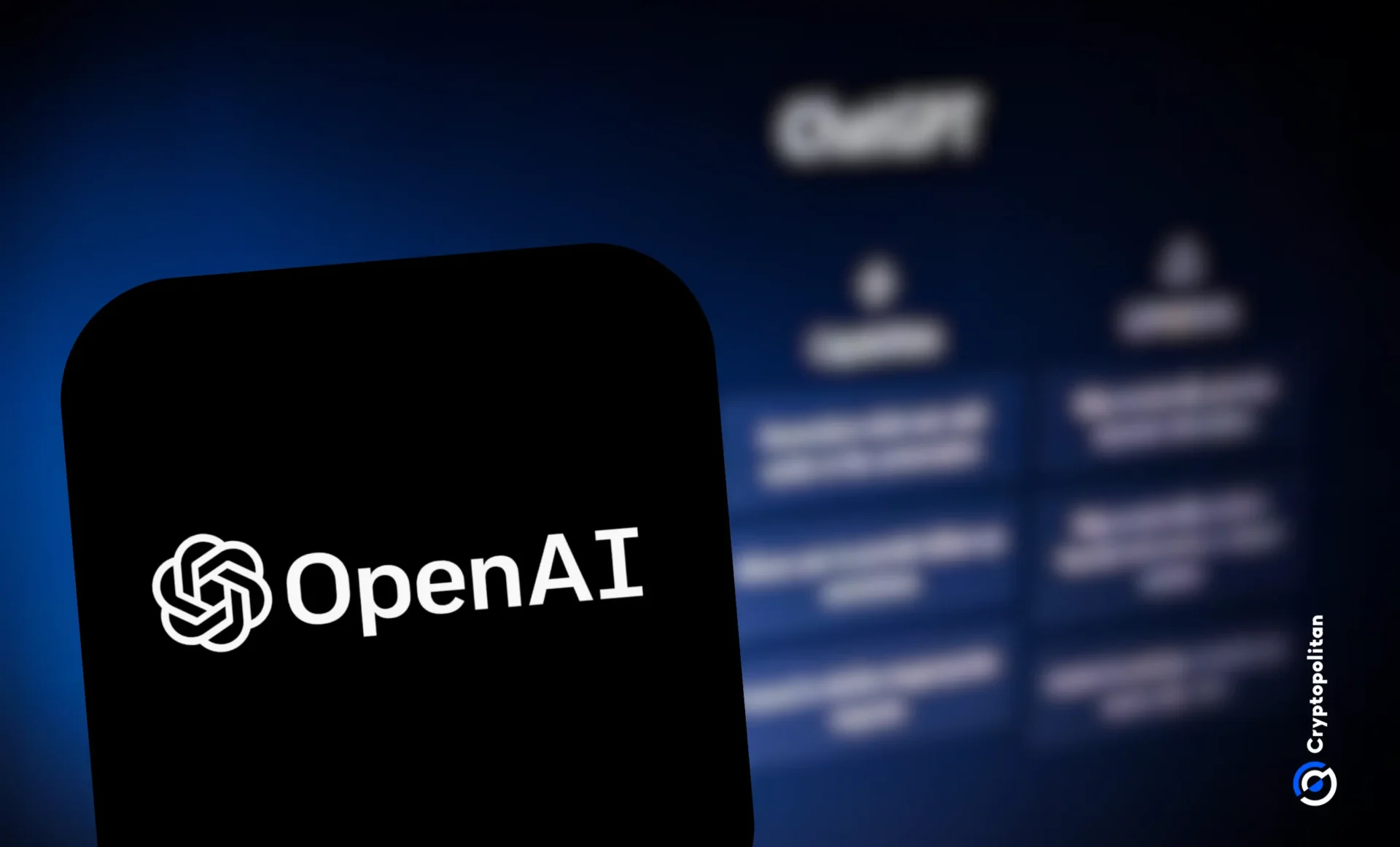The integration of generative artificial intelligence (AI) into social media platforms has raised both opportunities and concerns. A recent study reveals that nearly 50% of consumers plan to significantly limit their use of social media by 2025 due to worries about the negative impact of generative AI on user experiences. This article explores the key implications, challenges, and responses in this ever-changing sphere.
A study conducted by Gartner unveils a growing apprehension among consumers regarding the influence of generative AI on their social media experiences. An overwhelming 70% of respondents expressed concerns that greater integration of AI into social media platforms may damage their perception of brands and impact their loyalty. This apprehension is rooted in several factors.
One major concern is the spread of misinformation on social media, driven by AI-generated content. As AI algorithms generate text and images, the potential for false or misleading information to circulate becomes a critical issue. Toxic user bases and the proliferation of bots also add to this skepticism, contributing to a climate of distrust.
Emily Weiss, a senior principal researcher at Gartner Marketing Practice, highlights the evolving nature of social media use. Many users report sharing less of their personal lives and content, reflecting a shift in how they perceive and engage with social media platforms. As the landscape changes, Chief Marketing Officers (CMOs) face the challenge of adapting their strategies to retain customer loyalty.
AI’s role in brand promotion
AI, including generative AI, plays a pivotal role in modern marketing. AI can craft highly personalized product and service offers by harnessing extensive data, including real-time geolocation information. Researchers at the Harvard Business Review have underscored AI’s potential to streamline the sales process and enhance brand promotion.
However, the rapid ascent of AI has raised complex questions. Concerns about data usage in AI models, legal implications, biases in AI-generated content, and privacy issues loom large. Many consumers fear that AI-based content generators might propagate false or misleading information, eroding trust in AI-powered experiences.
Moreover, consumers’ perception that AI-powered experiences and capabilities are superior to human counterparts is eroding. Mistrust and a lack of confidence in AI’s abilities drive some consumers to seek AI-free brands and interactions. This trend underscores the importance of brands balancing AI integration and maintaining a human touch.
In response to consumer concerns, several brands prioritize a more human positioning. This concept, referred to as “acoustic,” seeks to distance brands from the perception of being impersonal and homogeneous AI-powered entities. It acknowledges the value of retaining a human connection in an increasingly automated world.
Boosting creativity and productivity
Despite the challenges, generative AI presents opportunities for marketing teams. It can significantly enhance productivity and yield cost savings, particularly in creative services. By automating routine tasks, AI frees creative teams to focus on higher-level tasks such as creativity, testing, and analysis. As a result, creativity can play a more impactful role in driving business results.
The impact of generative AI extends beyond social media. Search engines are rapidly adopting AI enhancements, potentially disrupting Chief Marketing Officers’ (CMOs) strategies for driving sales through organic search. According to a recent Gartner survey, 79% of respondents expect to use AI-enhanced search within the next year, with about 70% expressing trust in search results powered by generative AI.
Preparing for disruption
CMOs are advised to prepare for the impending disruption caused by generative AI-backed search engines. This entails diversifying marketing strategies beyond traditional SEO (search engine optimization). Allocating resources to explore alternative channels can help brands stay ahead in an ever-changing digital landscape.
Integrating generative AI into social media platforms poses challenges and opportunities for brands and marketers. Consumer concerns about misinformation, toxicity, and privacy issues are valid, and they underscore the importance of responsible AI usage. However, AI also offers the potential to revolutionize marketing by boosting creativity, productivity, and personalization. Striking the right balance between AI integration and maintaining a human touch will be essential for brands aiming to thrive in this evolving digital realm.





